
An Existential Reading List for Your End Times' Crisis
Anne Gisleson Suggests Some Texts for the Long, Dark Night of the Soul
My mom belongs to four book clubs, including the Mental Pause Book Club and the Thinking Woman’s Book Club, created in protest of a husband’s all-male Thinking Man’s Book Club. She reads more than anyone I know. When I show up for our weekly breakfast, she’s always seated at the booth early, tunneled into a hardback, and before I can order my coffee has already given me a breathless synopsis. Or a disappointed appraisal, but those are rare. Over huevos rancheros she’ll report on the book club discussions and judgments, the snacks, sigh over the non-readers but mostly delight in the vagaries of book-centered fellowship.
When some friends, my husband and I formed the Existential Crisis Reading Group (ECRG) in January of 2012, we would not be as ambitious as my mom, as our lives were too overloaded and chaotic. We resisted calling ourselves a “book club” (ECBC) because we didn’t want to commit only to books, but rather leave it open to other forms: poems, essays, music, short stories, or graphic novels.
What the group did commit to was an ongoing, quasi-literary investigation into our anxiety about the human condition. The catalyst for the ECRG had been an existentially agitated friend who approached me to talk through some philosophical issues. We opened it up as a social venture when we recognized that there was a general need among many of our friends for this type of endeavor. Not group therapy, not a conventional book club, just the communal acknowledgement of nagging unease (for some, full-blown despair) and the willingness to take on life’s difficulties with reading and conversation. And, as it would turn out, a lot of fun and wine.
The ECRG project immediately turned more urgent and timely than I would’ve liked. My father died the week following our first meeting. With the loss of a parent, death swings more closely within range, one less buffer between yourself and the void. While a dark, searching tone might have inaugurated the ECRG, the confluence of those two events proved affirming and vital. None of the readings that first year explicitly dealt with grief, but they helped me reconnect to the essential contours of life, without the often-suffocating rhetoric of bereavement. After all, existentialism (like the act of reading) is also largely about engagement and hope and the freedom to create meaning for ourselves.
Early on, someone joked that we should call our new group The Futilitarians, a nod to the central absurdity of our lives, being born with the knowledge of our own deaths and having to carry on despite it. Since navigating that absurdity seems to be literature’s central project, the field of readings for an ECRG to choose from is impossibly vast.
That said, here’s roughly a year’s worth of monthly “readings” culled from suggestions from the ECRG, some we’ve read as a group over the past five years and others, not yet, but will hopefully get to soon. Usually each reading is chosen in response to the previous one so the conversation ratchets forward month after month. But sometimes life intervenes, balls are dropped, the chain gets broken and then someone emails with an essay or story they’d really like to share. Then, drinks poured, reading glasses adjusted, like all book clubs, we’ll gather around the page’s flickering, erratic comforts, finding connection in the search.
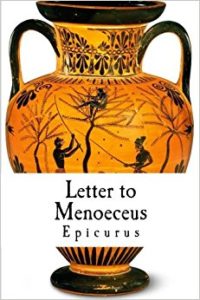
Kick-off reading: Epicurus’ letter to King Menoeceus on “How to Live Well.”
Considered by some to be an ancient influence on modern existential thought, Epicurus advises on timeless human problems: materialism, “empty desires,” the inauthentic self, fear of death. Though prescriptive, raises more questions than answers.
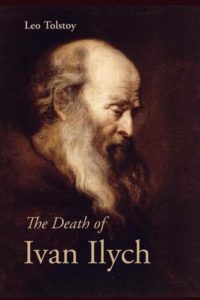
Requisite Russian mortality reading: The Death of Ivan Ilyich by Leo Tolstoy.
Middle-aged magistrate Ivan Ilyich thought he was living well, doing everything society expected of him. Then he suddenly falls ill and suspects he’d been prey to the very things Epicurus had warned about, suspects his life hasn’t been the “Real Thing.” Encourages on-going self-examination to avoid screaming on your deathbed for three days.
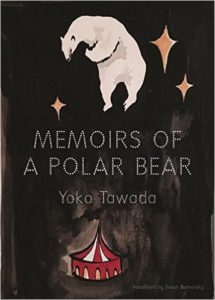
Reading that reorients your sense of self: Memoirs of a Polar Bear, Yoko Tawada (trans. Susan Bernofsky).
An exploration of human desire across species, languages, cultures and continents via a family of performing, though introspective polar bears. Grandmother, daughter and grandson each tell their own story. Can language and the interconnectedness of our stories lessen our alienation?
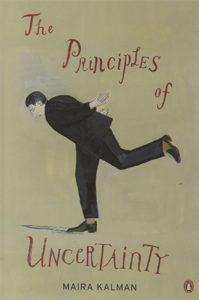
Visual/literary reading: The Principles of Uncertainty, Maira Kalman.
A meandering year in an artist’s interior, investigated with humor, curiosity and depth. The intimate and idiosyncratic drawings and handwritten text, the white space they float in, mimic our vulnerability in the universe. The book flap announces her search for meaning: “What Is This Book? What Is Anything? Who Am I? Who Are You?” If possible, project pages onto a wall or screen to experience the images collectively.
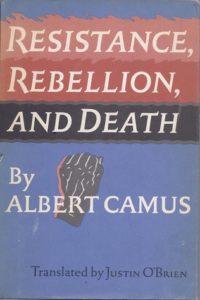
Reading essential to the moment: “The Wager of Our Generation,” Camus’ 1957 interview from the journal Demain, proposing action against the nihilism of both the “totalitarian and bourgeois” varieties.
“If we are to fail, it is better, in any case, to have stood on the side of those who choose life than on the side of those who are destroying.” The only ECRG reading that inspired homemade t-shirts (worn to a protest on Inauguration Day) “maximum danger implies maximum hope.”
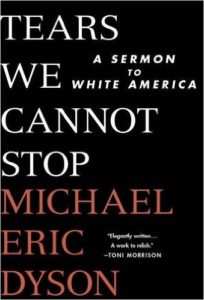
Reading essential to the moment and to our humanity: Michael Eric Dyson’s Tears We Cannot Stop: A Sermon to White America.
Our only selection over the years that also blessedly appeared on the bestsellers list. A painful, intimate reckoning for many of us, but also it provides concrete directives to encourage individual responsibility in the face of overwhelming historical injustice. Helpfully, it includes its own reading list at the end, a few years worth of book club material.
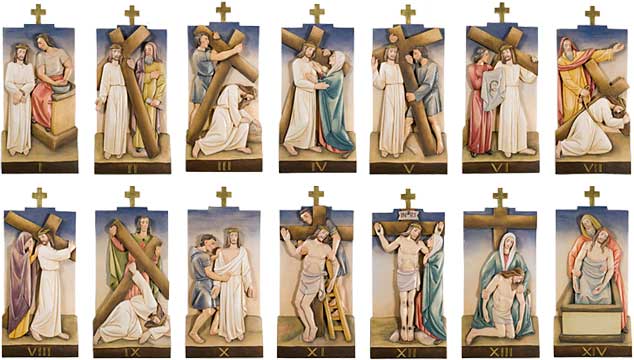
Interactive readings: Every spring on Holy Thursday we enact a Stations of the Crisis or The Last Suffer, secular interpretations on the Lenten rituals of the procession of Stations of the Cross and The Last Supper, after all, New Orleans is a Catholic town. Everyone is randomly assigned a “station,” for example, Jesus falls for the first time, Jesus dies on the cross, and interprets it with a reading or song or performance, choosing a specific location for us to walk to in the neighborhood. Repurpose any ritual, or create your own.
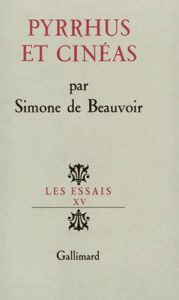
Actual existentialist reading (Camus disliked being called “an existentialist”): “Pyrrhus and Cineas” by Simone de Beauvoir.
Her first essay rejects passivity and calls for active engagement, and for claiming the agency and freedom to make our own meaning in the world. How do we live out our finite lives as passionately and productively as possible? What is our responsibility towards others as we pursue our projects?
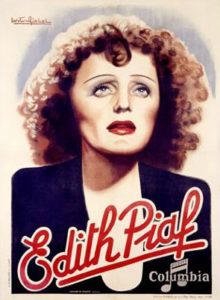
Sexy French songs as readings: The mid-century chansons of Jacques Brel, Edith Piaf, and others.
Perfect for a summertime gathering when the will starts to wither. Though Sartre derided the chanson realiste as bourgeois fatalism, its lyric intensity conjures a place where humor and tragedy are often conjoined, as are death and sex, the elevated and the base. Feel the lost post-war glamour and passion for the human project, with a full orchestra and earthy accordion.
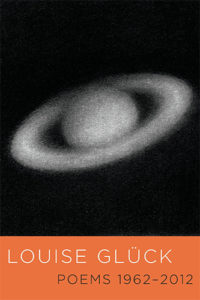
Close reading, poems: the work of Louise Glück.
There’s nothing like a poem to focus the room, the tidy lines drawstring-ing everyone in with their precision and mystery. Glück’s fierce, searching words have reappeared a few times throughout the ECRG, maybe because she asks our favorite questions: “Why do I suffer? Why am I ignorant? / …What am I for?” and “Or was the point always / to continue without a sign?”
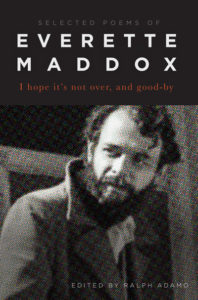
Close and local reading, more poems: Everette Maddox’s I hope it’s not over, and good-by.
Choosing a local poet who explores your shared landscape for his own signs, can explode the familiar. Maddox’s wry confoundedness at being alive, at this preposterous situation we all find ourselves in, is played out in the streets and bars of New Orleans, and the book presages his own sad dissolution into the city. “But I’ll have to excuse me: / the light is changing, / and I must be run over / by the shadow of a streetcar.”
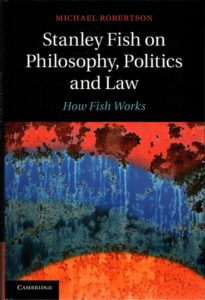
Reading that two members keep bringing up with great imperative but never actually assign us: anything by Stanley Fish.
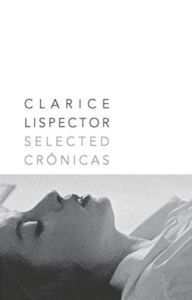
Reading that makes you feel strange and free and alive: Any of Clarice Lispector’s cronicas.
A unique Brazilian genre, like a regular newspaper column, but short or long, topical or philosophical, and unburdened by style guidelines, the cronica was the perfect, democratic vehicle for Lispector’s wild, unconventional mind. Free from literary and social norms, free to acknowledge anger, sorrow, joy, vanity and transcendence, Lispector can tear open unexpected possibilities in a reader, indispensable in the search. For example:
Searching
A cat did so much wailing during the night that I have rarely felt such compassion for the living. It sounded like grief, and in human and animal terms that is what it was. But could it have been sorrow, or was it “searching,” that is to say “searching for”? For everything alive is searching for something or someone.
__________________________________
Anne Gisleson’s The Futilitarians is forthcoming from Little, Brown.
Anne Gisleson
Anne Gisleson's work has appeared in The Atlantic, The Oxford American, The Believer, Ecotone, The Los Angeles Times, and has been selected for inclusion in several anthologies, including Best American Non-Required Reading. For years, Anne was chair of the Creative Writing Program at the internationally-renowned New Orleans Center for Creative Arts. In 2005, she co-founded Antenna in New Orleans, where she lives.



















